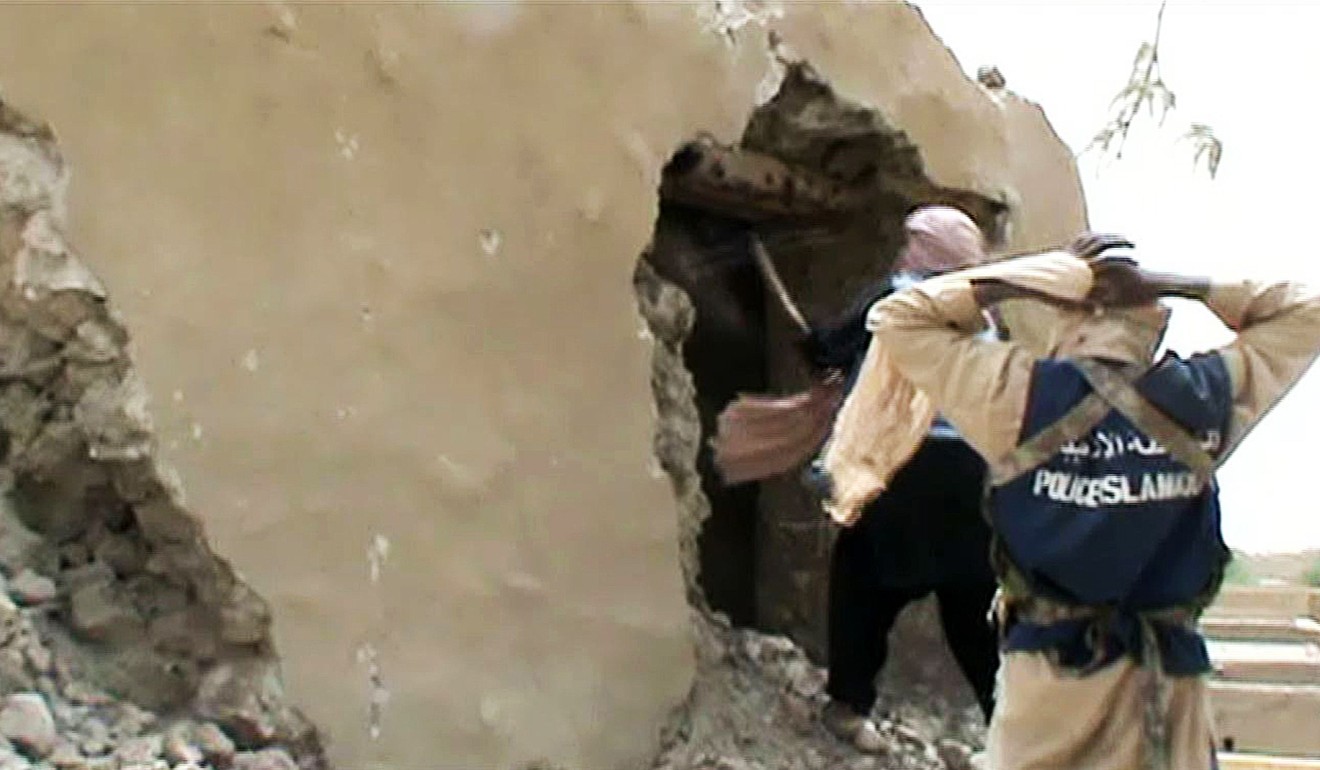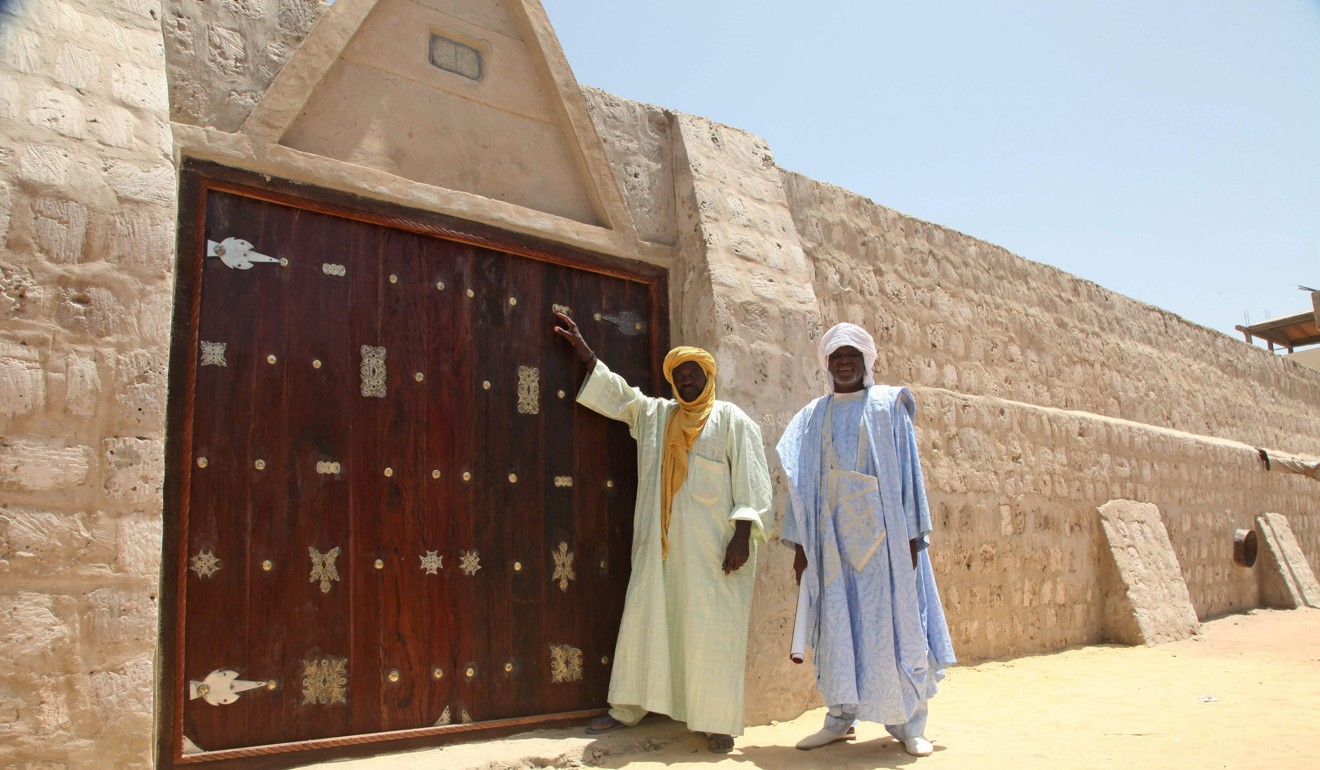
War court orders Mali extremist to pay US$3.2 million in reparations for rampage that destroyed ancient Timbuktu tombs
International Criminal Court found that Amad al-Faqi al-Mahdi had damaged nine mausoleums and a mosque door in 2012, and caused economic losses and moral harm to victims – primarily the people of Timbuktu, who depend on tourism
Judges at the International Criminal Court (ICC) ruled on Thursday that a former Islamist rebel who was jailed for wrecking holy sites in Timbuktu was liable for damages of 2.7 million euros (US$3.2 million).
Because al-Mahdi is in jail and cannot afford to pay the damages, the court has asked the ICC’s Trust Fund for Victims to do so. The money will go to the Timbuktu community in the form of educational programmes, economic aid schemes and possibly a memorial.

Judge Raul Pangalangan said action such as the attacks on the shrines “destroys part of humanity’s shared memory and collective consciousness, and renders humanity unable to send its values and knowledge to future generations”.
The three-strong panel of judges also said that a smaller number of individual reparations would be determined later for people whose livelihoods depended exclusively on the destroyed sites, and for direct descendants of the saints buried in the damaged tombs.
Al-Mahdi’s case stems from events in 2012, when Tuareg rebels seized part of the north of Mali, imposing a strict interpretation of Islamic law. French and Malian troops pushed them back the following year.

During his trial in August last year, al-Mahdi asked for forgiveness. He said he had been swept up in the excitement by al-Qaeda and the Ansar Dine Islamist groups, and that he was morally confused when he damaged the ancient sites,
Jihadists used pickaxes and bulldozers against the mausoleums and the centuries-old door of the Sidi Yahya mosque, part of a golden age of Islam.
Timbuktu, founded by Tuareg tribes between the fifth and 12th centuries, has been nicknamed “the city of 333 saints”, referring to the number of Muslim sages buried there.
During a halcyon period in the 15th and 16th century, the city was revered as a centre of Islamic learning – but for 21st-century fanatics, its moderate form of Islam was idolatrous.

The assault on a world heritage site triggered global opprobrium, but also led to legal precedent.
Mahdi’s case was the first to come before The Hague-ICC as a crime of cultural destruction.
Jailing him sent a strong warning that destroying cultural heritage would not go unpunished, and reparations will aim to “alleviate the lasting imprints” of the crime, said Alina Balta at Tilburg University’s International Victimology Institute.
However the Trust Fund for Victims, the agency that will implement the judges’ order earlier pointed to a dilemma – the risk in the future that rumours of hefty compensation could provide an “incentive” for similar attacks in poor countries with cultural treasures.
The reparations will only be the second such award in the history of the court since it began work in 2002.
In March, the ICC awarded symbolic damages of US$250 (212 euros) to each of the 297 victims of former Congolese warlord Germain Katanga, who is serving 12 years for a 2003 attack on a village.
The court estimated the damage caused in the attack at $3.7 million, and found Katanga liable for $1 million of that total – but it also acknowledged he was penniless.
Reuters, Agence France-Presse, Associated Press

.png?itok=arIb17P0)